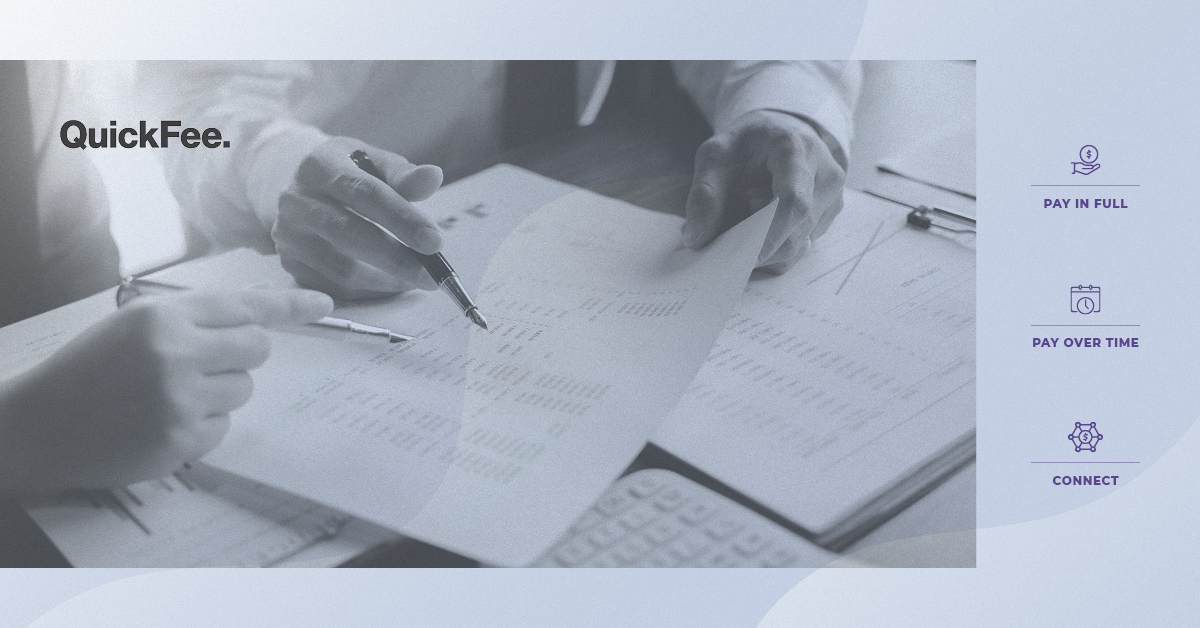Top 7 Reasons Why Accounting Clients Delay Payments and Solutions
Cash flow is an ongoing battle – especially when your accounting clients don’t pay their bills.
Whether a client is having a tough time with their finances or refusing to pay for your services, outstanding balances make it harder for your firm to serve them in the future (and take on new work.)
From the first client touchpoint to the final past-due notice, it’s important to examine why your accounting clients are struggling to pay. Once you know the “why,” you can improve your internal processes and prevent future issues.
Why Do Your Clients Have Trouble Paying Invoices?
1. Disputes over payment
When a client brings up a billing dispute, it’s tempting to assume that they’re trying to get out of paying. Of course, disputes happen all the time in the CPA world. If you take the time to listen to your client’s concerns and start the follow-up process early, you’ll increase your odds of getting paid.
2. Staffing issues
Without the right staff and resources, businesses can get bogged down in administrative processes and fall behind on outstanding payments. If your client is just a little busy or understaffed, try offering some extra advisory support. If your client is dealing with an extremely disorganized process, it might also be worthwhile to provide them with more flexibility in the payment process.
3. Lack of communication
It’s not easy to remind an important client that their account is overdue. Even so, you should strive to use clear communication from the minute an account falls behind. Before initiating the collections process, try to send clients at least three reminders through the mail and over email, along with multiple call attempts.
4. Cash flow issues
Is your client bracing for tough times? CPAs are close to their clients’ financial situations, which means you can uncover this fact early on and intervene. By breaking down a larger job into smaller portions and billing over time, you’ll alleviate your cash flow without disrupting your client’s business.
5. Lack of urgency (on both sides)
If a project stays in WIP for too long, it shouldn’t be a surprise when the client doesn’t feel a sense of urgency about paying. While your client is obligated to pay you, it’s also important to take any accountability for delays. This helps to build trust with your client in the long run, too.
6. Mistakes in the billing and scoping process
No matter how well you’ve scoped out a job, it’s always possible to make mistakes on the final invoice. Before reaching out to your past-due client, perform a quick audit of their account and confirm that they’ve gotten accurate billing information from your team.
7. Client dishonesty
Unfortunately, not all clients will be honest about their reasons for delinquency. That’s why it’s important to pay attention to any red flags during the initial scoping and interviewing process. If it’s clear that your client has been dishonest about their budget and the account is more than 90 days overdue, it might be time for legal action.
How to Get a CPA Client to Pay an Invoice
Once you’ve identified the source of your client’s payment issues, it’s time to get them to pay down the balance. At QuickFee, our financial experts have decades of experience in the tax and accounting industry. It’s our mission to make your life easier, with a range of client-focused payment solutions that we’ve created specifically for CPA firms.
Here are 4 steps to get you paid faster for your work.
1. Bill each client after the work is completed.
When you send invoices weeks after the work is done, your client’s perception of value can decrease. If there are any organizational issues, delays, or errors during the payment process, this can also bring additional scrutiny about your invoice. Billing on completion has a positive impact on cash flow and creates a true sense of urgency on the client’s side.
2. Make the payment process simple.
Simplicity is your friend at every stage of the billing process. A central online payment portal doesn’t just project a professional image for your firm: It gives your clients the choice to pay how and when they want. At QuickFee, we offer a convenient online payment platform with the option to offer ACH, credit card, or even financing plans. We can also get your portal up and running in less than 2 business days.
3. Provide interim billing solutions.
Ease the tension with your clients by providing some interim billing solutions. Even if you can’t offer your client base a lending service or payment plan right now, consider billing them in installments or using a recurring billing model.
4. Pay attention to the rules of debtor management.
At the end of the day, effective debtor management comes down to active client engagement. That’s why it’s critical to assign someone to “own” the relationship with every client (preferably a partner) and follow-up as soon as the account falls behind. This helps to make it clear that paying late is an unacceptable outcome. If the client doesn’t respond to your best efforts at clear communication, then you can progress to calling in the experts.
Contact QuickFee today to see how flexible payments could work for your firm.



